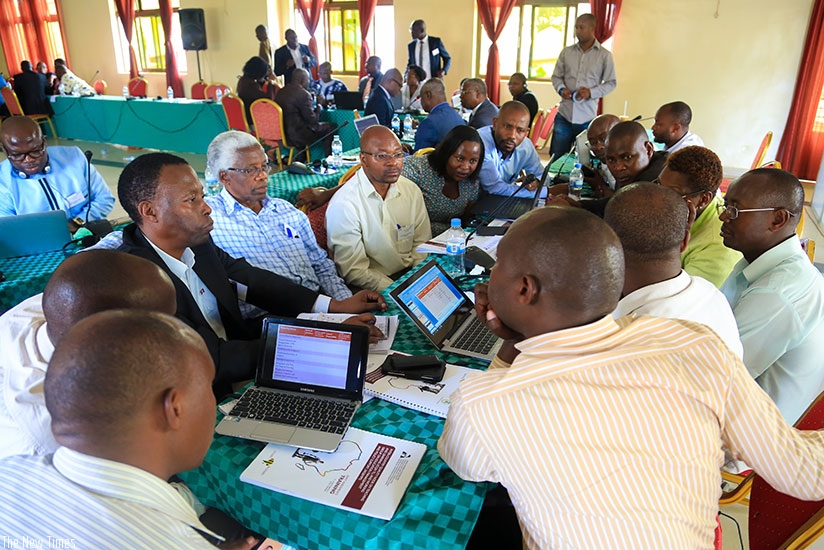AS many African countries move to adopt competence-based curricula similar to what Rwanda introduced to its education system last year, there is need to make regular effective assessment to see whether it is effective, experts have said.


AS many African countries move to adopt competence-based curricula similar to what Rwanda introduced to its education system last year, there is need to make regular effective assessment to see whether it is effective, experts have said.
Educationists from Botswana, Burkina Faso, Ivory Coast, Zimbabwe, Zambia, Senegal and Rwanda are gathered in Kigali for a five-day meet aimed at assessing the impact of curricula as an element of teaching and learning on the continent.
The meet, organised by Association for the Development of Education in Africa, a forum for policy dialogue on education on the continent, will see the experts receive training in psychometrics, making assessment on competency-based curricula, among others.
It brought together experts from the various ministries of education and examination boards, and members of civil society that support governments in implementing assessment of the curriculums.
"Increasingly there is the talk about the need to either measure or to be aware of what quality education is, so that we can improve on teaching and learning in the various sectors that we have,” said Gertrude Bvindi, project analyst with the Association for the Development of Education in Africa from Harare, Zimbabwe.
Janvier Gasana, the director-general of the Rwanda Education Board, said that although Rwanda has rolled out a new competency-based curriculum, there should be frequent formative assessments on learning and teaching, so that the challenges that emerge along the way are dealt with in time.
According to Gasana, formative assessment may be done in different ways in different countries, so the meeting seeks to share information on the best practices.
"Assessment is very central because in all you do, if you don’t have a serious competency assessment, you will get disappointed at a particular time,” he said, adding that after the meet, there will be decisions that will help in putting up assessment systems African countries.
Angel Kaliminwa, the principal examinations specialist at the National Examination Council of Zambia, said there has to be a change in assessment for the education on the continent to deliver the desired results.
Kaliminwa said assessment should get more practical than theoretical to match the new competency-based curricula that African countries are embracing.
"If you want education to succeed, you need to change the way you assess and that is why assessment comes in to respond to the competency- based curriculum that many African countries have moved to,” he said.
editorial@newtimes.co.rw


